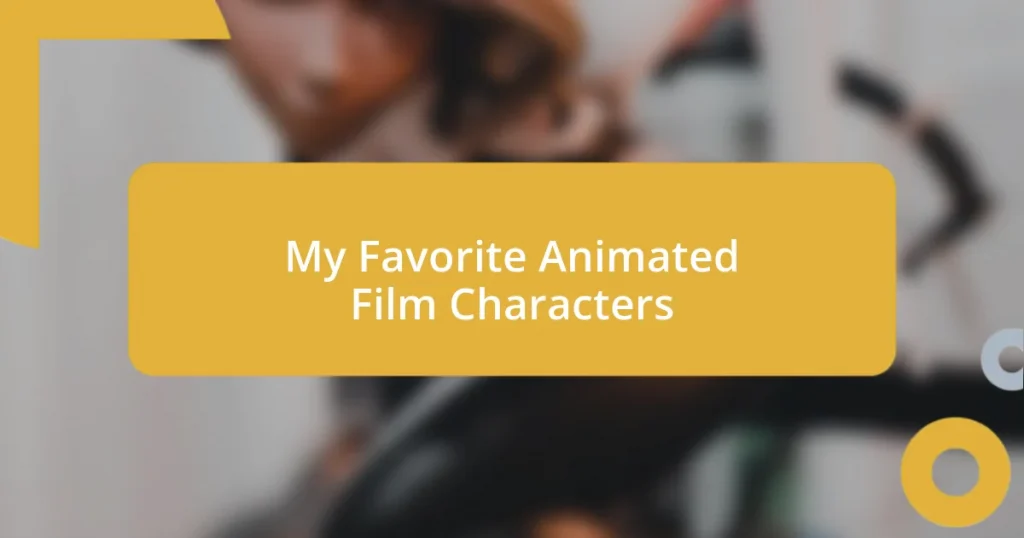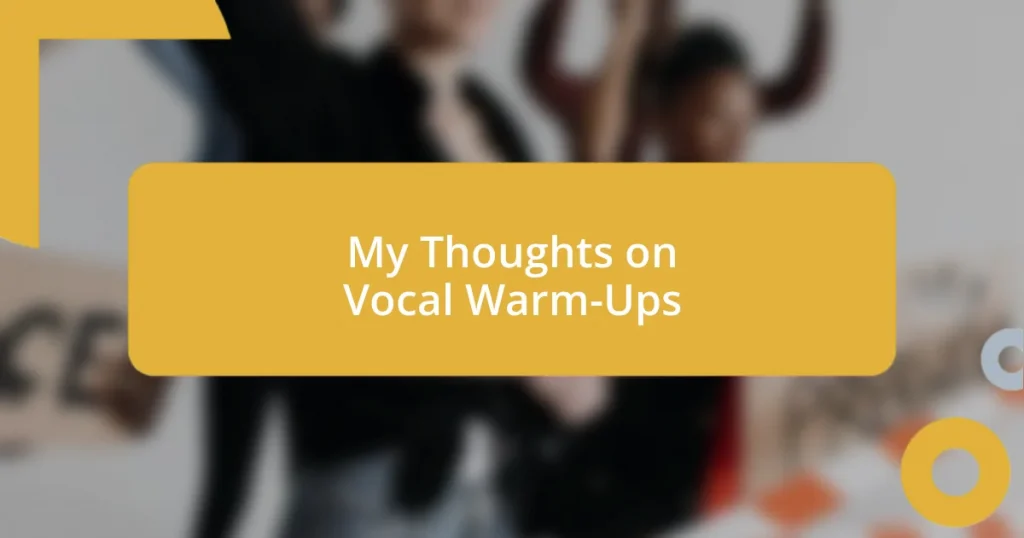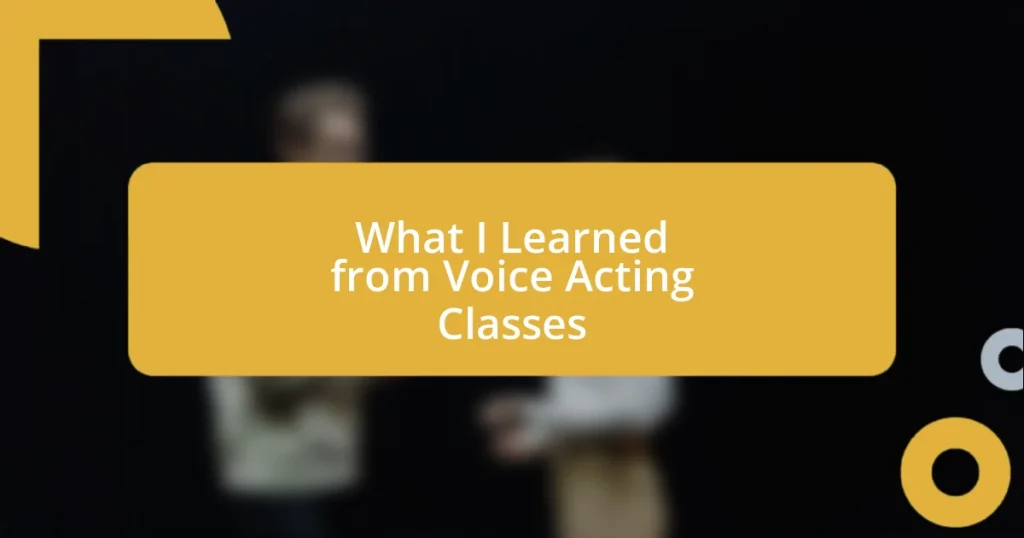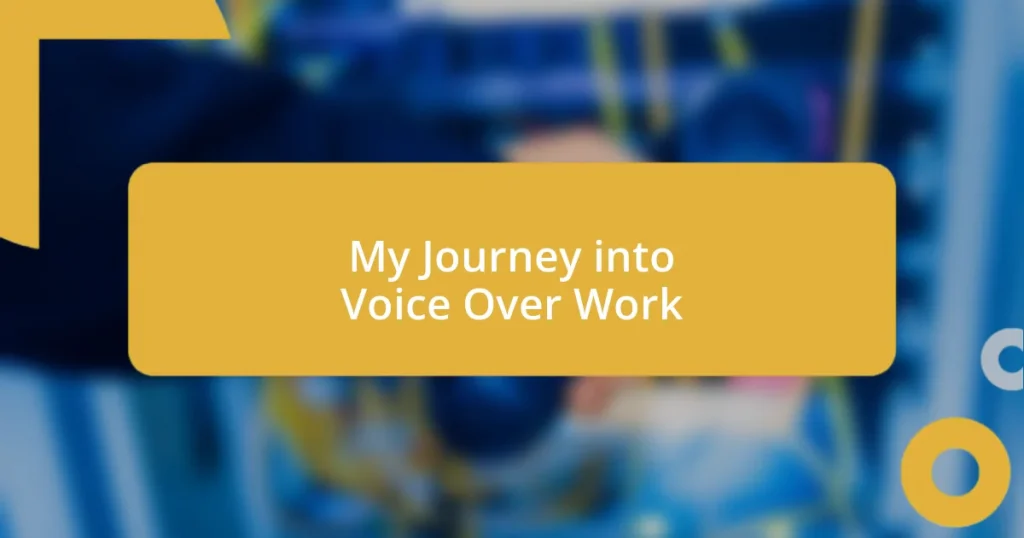Key takeaways:
- Animated characters embody relatable traits and life lessons, fostering emotional connections and reflection on personal experiences.
- Character development enhances storytelling by showcasing growth, struggles, and flaws, making narratives impactful and relatable.
- Memorable quotes from animated characters encapsulate wisdom and humor, leaving lasting impressions that encourage perseverance and self-discovery.

Overview of Animated Film Characters
Animated film characters hold a special place in our hearts, often reflecting traits or experiences we can relate to. I remember watching Toy Story as a child and feeling an overwhelming connection to Woody’s loyalty and Buzz’s eagerness to explore. Isn’t it fascinating how a simple animated figure can evoke such strong emotions and teach significant life lessons?
These characters not only entertain us but also serve as a mirror to our own lives, tackling dilemmas ranging from friendship to identity. I often find myself pondering over the messages behind characters like Elsa from Frozen, who battles her own fears to embrace her true self. How many times do we feel like we’re stuck in a situation, only to realize that embracing who we are is the key to moving forward?
Moreover, animated characters often bridge the gap between generations, allowing parents to share their beloved films with their children. I cherish those moments when I could watch classics like The Lion King with my family, bonding over Simba’s journey. Don’t you think it’s remarkable how these stories can transcend time and still resonate with audiences of all ages?

Importance of Character Development
Character development is crucial in animated films because it transforms relatable figures into multidimensional individuals we invest in emotionally. When I watched Finding Nemo, I marveled at Marlin’s growth as a character. His evolution from an overprotective father to a more trusting figure mirrored my journey of learning to let go and trust others. Such character arcs make us connect on deeper levels, allowing us to see parts of ourselves in their struggles and triumphs.
- Engages audiences by fostering empathy and understanding.
- Encourages viewers to reflect on their own lives and relationships.
- Offers life lessons through characters’ experiences and choices.
- Creates memorable stories that resonate beyond the screen.
- Bridges emotional gaps, making complicated themes more accessible.
I can still vividly recall the moment when I realized how much I’ve learned from animated characters. Watching Shrek embrace his flaws taught me the importance of self-acceptance. Character development truly enhances narrative depth, making each emotional beat more impactful.

Top Animated Film Character Traits
Animated film characters often embody traits that resonate deeply with audiences, such as bravery, kindness, and resilience. Thinking back to my childhood, I was inspired by Mulan’s courage as she bravely took her father’s place in battle—a decision that speaks volumes about sacrifice and honor. These traits not only drive the narrative but also serve as powerful lessons, encouraging viewers to cultivate similar qualities in their own lives.
Another notable trait is humor, which plays a vital role in making animated characters relatable and memorable. Take, for instance, the antics of Olaf from Frozen. His light-heartedness and knack for finding joy in simple things reveal how a positive outlook can uplift those around us. I find that characters like him remind me to embrace laughter, even during tough times. This ability to interject humor amidst serious themes can be a transformative experience for viewers.
Lastly, vulnerability is an essential trait that adds depth to animated characters. Watching characters like Eeyore in Winnie the Pooh, who openly expresses sadness, has taught me the importance of acknowledging our feelings. I have often felt like Eeyore myself—struggling through things and needing a little support to pick myself up. Characters who display vulnerability humanize the narrative, encouraging us to embrace our emotions authentically without shame.
| Character Trait | Example Character |
|---|---|
| Courage | Mulan |
| Humor | Olaf |
| Vulnerability | Eeyore |

Iconic Animated Characters by Studio
Animated films from various studios have produced characters that have become cultural icons, each with a unique charm. Take, for example, Disney’s Mickey Mouse, who embodies optimism and loyalty. I remember dressing up as Mickey for Halloween, not just because of his cuteness but because he represents adventure and fun—even in the simplest moments. Isn’t it fascinating how a character can embody such universal values yet also remind us of our playful inner child?
Pixar excels in crafting characters that tug at our heartstrings, like Woody and Buzz Lightyear from Toy Story. Their friendship speaks volumes about loyalty and the fear of being replaced, something I think we’ve all experienced at some point. When I first encountered the movie, I felt a strong connection to Woody’s anxiety about being the favorite toy. It mirrored real life—who doesn’t have fears about being overshadowed or left behind? Those emotions make them truly relatable.
On the other side, Studio Ghibli captures the beauty of nature and childhood innocence through characters like Totoro. I distinctly remember watching My Neighbor Totoro on a rainy afternoon, feeling a mix of wonder and nostalgia. Totoro’s gentle spirit reminded me of the importance of finding joy in small things, like a rainy day. Who would have thought an animated creature could make me appreciate the world around me so deeply?
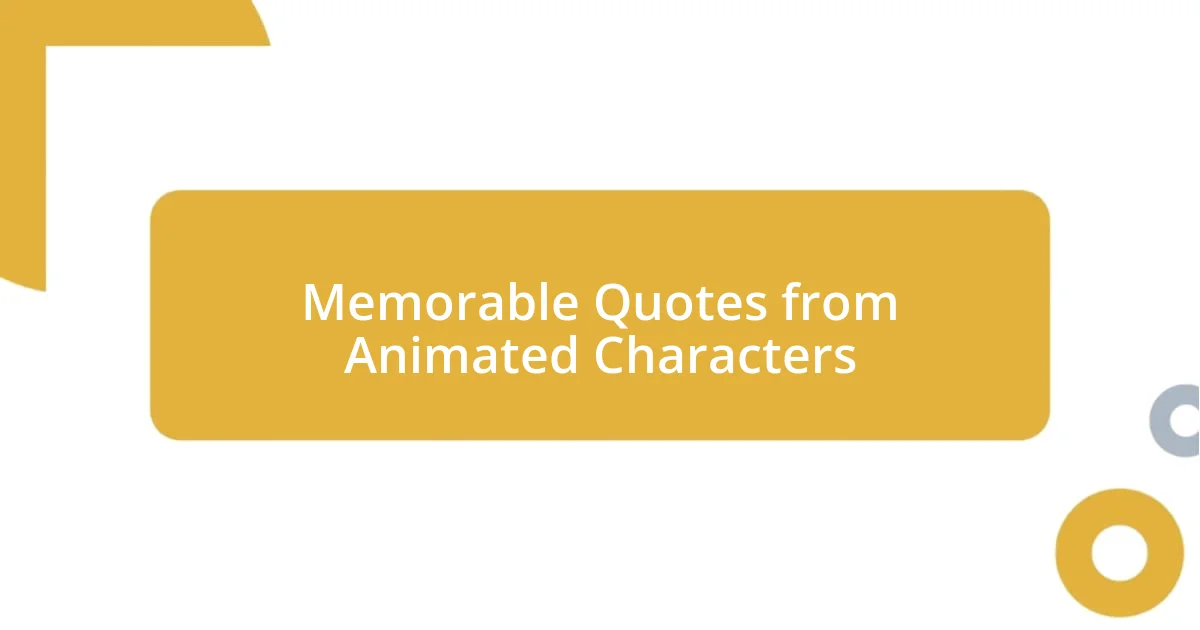
Memorable Quotes from Animated Characters
Memorable quotes from animated characters linger in our minds long after the credits roll, shaping our views on love, friendship, and resilience. One quote that sticks with me is from Finding Nemo: “Just keep swimming.” This simple piece of advice echoes through my life, encouraging persistence during challenging times. I often find myself repeating it when I face obstacles; it reminds me that perseverance is key, even when the tide feels overwhelming.
Then there are the unforgettable lines that spark introspection. Take The Lion King’s Mufasa, who sageily says, “Remember who you are.” This resonates deeply with me as I navigate my own identity in a constantly changing world. How many times have we felt lost while trying to figure out our place? Mufasa’s words inspire me to reconnect with my core values and recognize the strength within.
Moreover, humor often finds its way into these quotes, enhancing their impact. Shrek brings us the hilarious line, “Ogres are like onions,” which uses layers as a metaphor for complexity. I chuckle every time I hear it, as it invites reflection on our own layered personalities. Aren’t we all a bit like onions, hiding our true selves beneath layers? These quotes not only entertain but also provoke thought, creating connections that deepen our appreciation for the stories told through animation.

How Characters Impact Storytelling
Characters are the heartbeat of storytelling, effortlessly breathing life into the narrative. Think about it—when we connect with a character, we invest emotionally in their journey, making us care about the outcome. I still remember the first time I cried watching Up; it wasn’t just the visuals but the incredible depth of Carl and Ellie’s relationship that drew me in. Does the future of a story even seem possible without strong characters driving it forward?
In my experience, a well-crafted character often embodies universal themes that resonate with audiences of all ages. For instance, Shrek’s journey from grumpy ogre to beloved hero beautifully illustrates the idea of embracing one’s true self. That transformation really struck a chord with me at a time I felt out of place in my own life. How many of us have faced moments where we wish we could shed our preconceived ‘layers’ and reveal who we truly are?
Let’s not overlook the impact of character flaws in storytelling. I find it fascinating how imperfections make characters relatable and engaging. Look at Elsa from Frozen, who initially struggles with her powers due to fear. Watching her grapple with her self-acceptance reminds me of my own journey of overcoming insecurities. Isn’t it empowering to see characters evolve through their struggles, allowing us to reflect on our personal growth? Characters’ challenges can mirror our own, transforming animation into a powerful tool for self-discovery.










